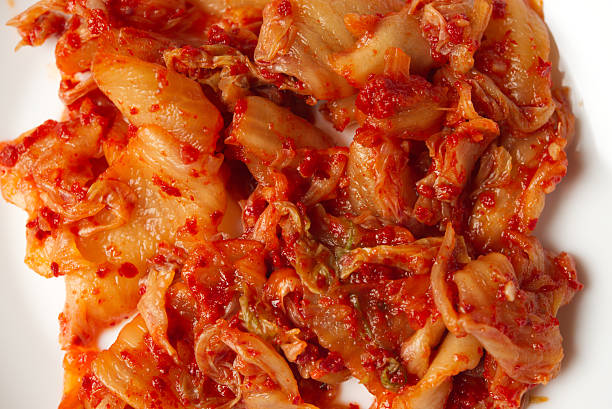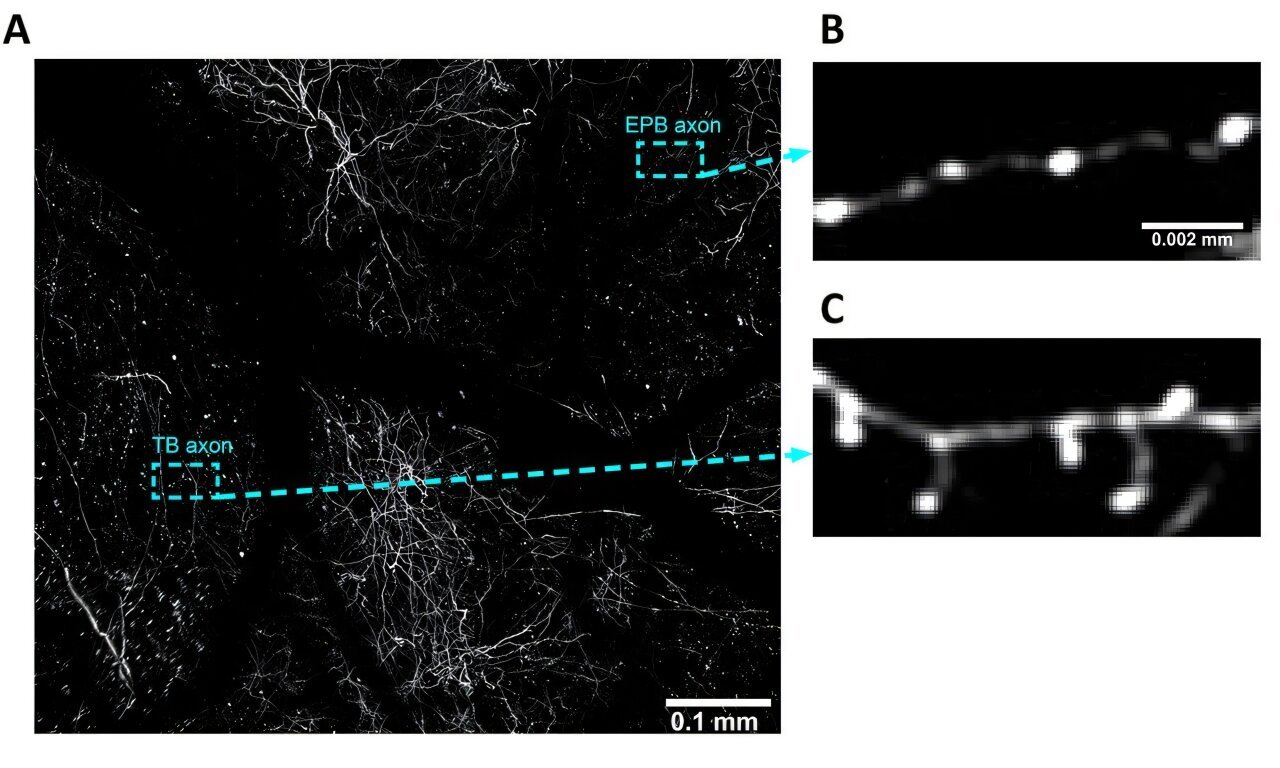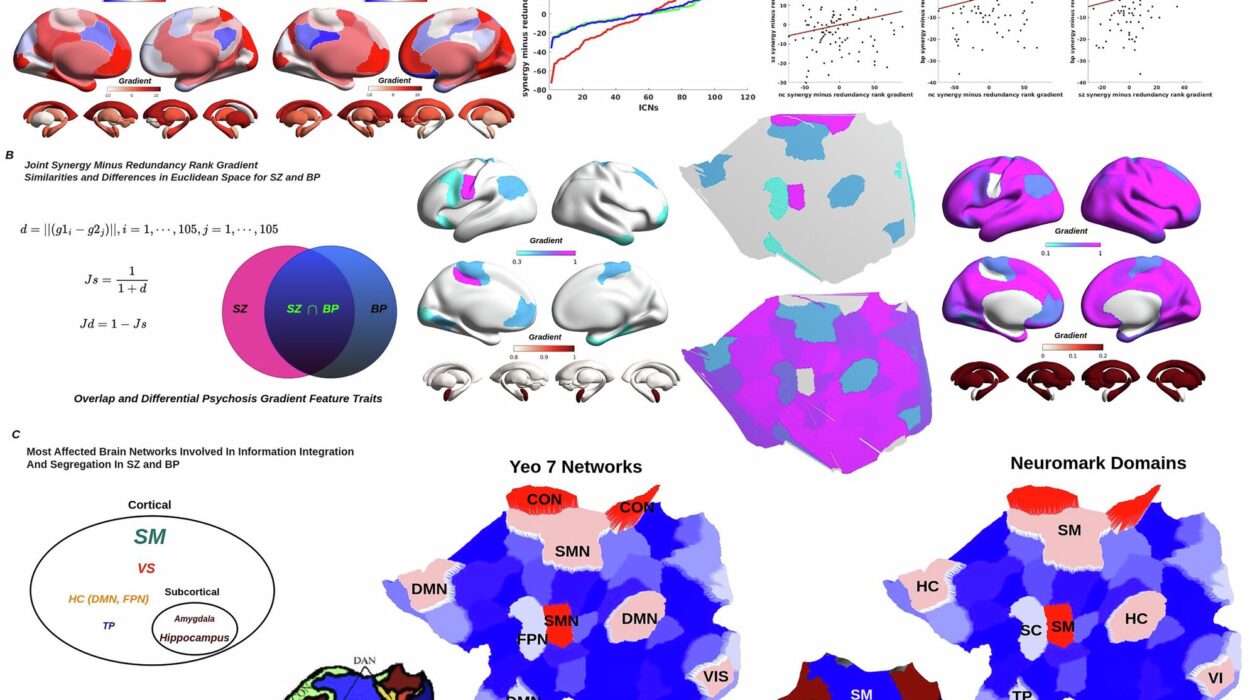As winter approaches and the flu season looms large, many of us are bracing for the inevitable onslaught of cold and flu viruses. The prospect of battling multiple respiratory illnesses at once has never seemed more daunting. But what if the solution to bolstering our immune system was already sitting in our kitchens, waiting to be rediscovered?
For centuries, kimchi, the beloved Korean fermented dish made from cabbage, chili peppers, and a mix of other vegetables, has been a staple of the Korean diet. But in recent years, this flavorful food has piqued the interest of scientists, eager to explore its potential health benefits. A groundbreaking study from the World Institute of Kimchi has now shed new light on the powers of kimchi, showing that it does more than just support our digestive health—it could also be a key player in boosting and balancing our immune systems.
Fermentation’s Surprising Role in Immunity
This pioneering research, recently published in npj Science of Food, is the first in the world to delve into kimchi’s immune-boosting properties at a microscopic level. Using cutting-edge technology known as single-cell transcriptomics analysis, researchers were able to track the genetic activity of individual immune cells to uncover subtle, previously undetectable changes in immune function after kimchi consumption.
The study, which involved overweight adults, took a deep dive into how different fermentation methods of kimchi might influence immune responses. The participants were divided into three groups and consumed either a placebo, kimchi powder made from naturally fermented kimchi, or kimchi powder made from kimchi fermented using a starter culture over the course of 12 weeks.
What they found was nothing short of fascinating. The group that consumed kimchi saw significant changes in the behavior of their immune cells. Kimchi didn’t just stimulate the immune system; it seemed to act as a “precision regulator,” fine-tuning the body’s defense mechanisms with remarkable balance.
Strengthening the Body’s Defenses
At the heart of the study was the observation that kimchi enhanced the function of antigen-presenting cells (APCs), which are responsible for detecting foreign invaders—like bacteria and viruses—and signaling the rest of the immune system to take action. This is critical, as APCs are the first line of defense against infections. By strengthening these cells, kimchi helped the immune system react more efficiently when faced with threats.
In addition, the study found that kimchi consumption balanced the differentiation of CD4+ T cells. These cells play a crucial role in coordinating the immune response, both in activating defense cells and in maintaining regulatory cells that prevent the immune system from overreacting. In other words, kimchi helped the immune system not only step up its defense when needed but also kept it from becoming overactive, which can lead to inflammatory or autoimmune diseases.
“This research has proven for the first time in the world that kimchi has two different simultaneous effects: activating defense cells and suppressing excessive response,” said Dr. Woo Jae Lee, the lead researcher at the World Institute of Kimchi. His team’s work suggests that kimchi is not just a simple food, but a powerful modulator of immune function, adjusting its activity depending on the body’s needs.
A Closer Look at the Fermentation Methods
An interesting twist in the study was the revelation that kimchi’s fermentation method plays a pivotal role in its immune-boosting effects. While both naturally fermented kimchi and kimchi fermented with a starter culture had positive effects on immune balance, the kimchi made with the starter culture showed particularly pronounced results. It was more effective in enhancing the ability of immune cells to recognize antigens and in suppressing unnecessary immune signals.
This finding opens the door for further research into optimizing kimchi’s fermentation process to maximize its health benefits. As Dr. Lee explained, “We plan to expand international research on kimchi and lactic acid bacteria in relation to immune and metabolic health in the future,” hinting at the potential for kimchi to become a key player in the global health and nutrition conversation.
Why This Matters
The implications of this research go far beyond just adding another food to the list of healthy options. The study establishes kimchi as a functional food—a food that provides proven health benefits beyond basic nutrition. Its ability to regulate immune responses could make it a valuable tool not just for maintaining overall health but also for preventing diseases related to immune dysfunction, including autoimmune disorders and chronic inflammation.
The potential applications are vast. Researchers hope that kimchi could be used in the development of functional foods that support immune health, improve the efficacy of vaccines, and even prevent immune diseases before they start. As the world faces increasingly complex health challenges, from new viral threats to rising concerns about immune system disorders, kimchi might just be one of the natural solutions we’ve been looking for.
What’s truly exciting is the promise of further exploration. Kimchi is already widely enjoyed in many parts of the world, but the scientific community is only just beginning to understand its full potential. As research into fermented foods continues to grow, kimchi’s role in the future of health could expand in ways we can’t yet imagine.
In the midst of flu season and amid concerns about rising health challenges, it’s a comforting thought to know that something as simple as kimchi, a food born out of tradition, could help our bodies stay balanced and resilient. With its ability to harmonize immune function, kimchi might be more than just a side dish; it could be the boost our immune systems need to face the ever-changing world of respiratory threats.
More information: Wooje Lee et al, Single-cell RNA sequencing reveals that kimchi dietary intervention modulates human antigen-presenting and CD4⁺ T cells, npj Science of Food (2025). DOI: 10.1038/s41538-025-00593-7






